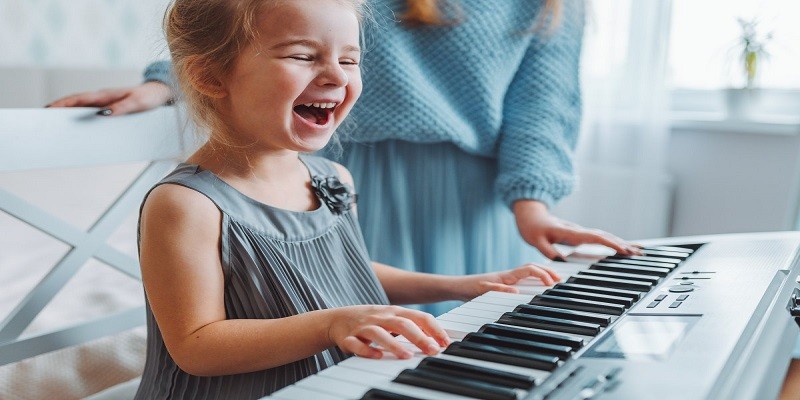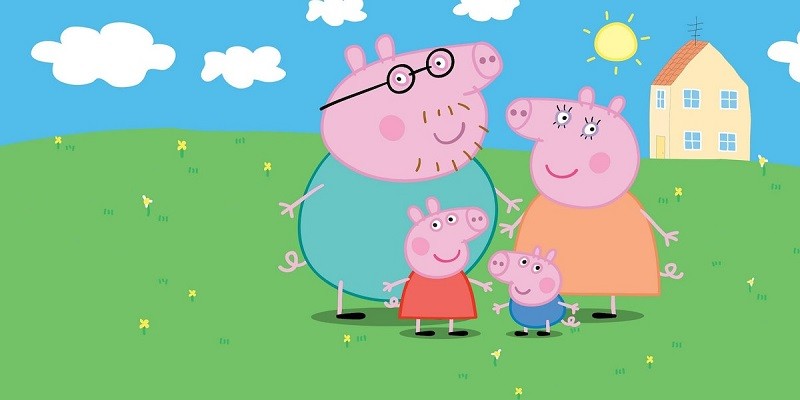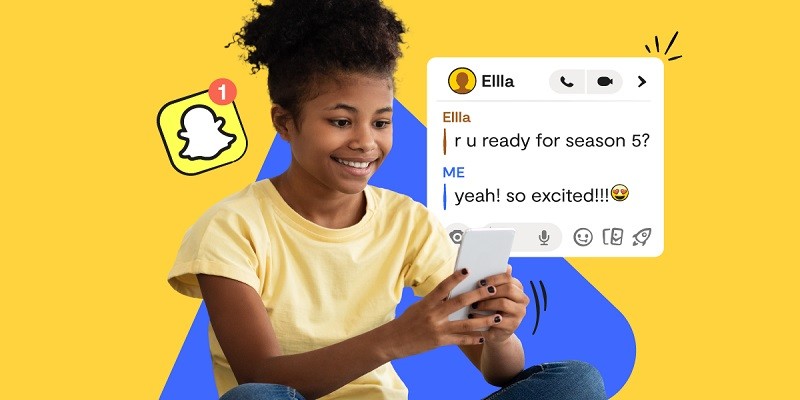Parents want their kids to learn piano because it enhances cognitive development and boosts concentration skills. Learning piano helps children improve their memory, enhance their creativity, and develop discipline and patience.
It also helps them express their emotions and improves their coordination and fine motor skills. Additionally, learning piano can boost self-confidence and provide a sense of accomplishment. It opens up opportunities for social interaction through performances and ensemble playing. Parents recognize the numerous benefits of learning piano in shaping their child’s overall development and future success.
Start your child’s musical journey today and witness the lifelong advantages they will gain from learning this versatile instrument.
Benefits Of Learning Piano For Kids
Parents recognize the numerous benefits of learning piano for their kids. It enhances cognitive development, improves hand-eye coordination, fosters discipline and focus, boosts self-esteem, and offers a creative outlet for expression.
Why Do Parents Want Their Kids To Learn Piano?
As parents, we all want the best for our children. We want them to excel in their academics, be involved in extracurricular activities, and develop important lifelong skills. One such skill that many parents encourage their kids to learn is playing the piano.
But why is piano playing considered so important for children? Let’s explore the benefits of learning piano for kids.
Cognitive Development:
- Enhances memory and cognitive skills: The act of reading sheet music, understanding musical symbols, and playing complex pieces challenges a child’s memory and cognitive abilities, promoting overall brain development.
- Improves problem-solving skills: Learning piano requires the ability to analyze and break down complex musical passages, helping children develop problem-solving skills that can be applied in various areas of life.
- Boosts creativity and self-expression: Playing the piano involves interpreting and expressing emotions through music, fostering creativity and allowing children to express themselves in a unique way.
Improved Coordination And Motor Skills:
- Develops hand-eye coordination: Playing the piano requires synchronizing finger movements with visual cues on the sheet music, improving hand-eye coordination and fine motor skills.
- Enhances finger dexterity: Regular piano practice strengthens finger muscles and improves dexterity, which can benefit children in daily activities such as writing, typing, and even sports.
Boosts Concentration And Discipline:
- Increases attention span: To play the piano, children need to focus on multiple elements simultaneously, such as rhythm, notes, and dynamics. This practice of sustained attention helps improve concentration and focus in all aspects of life.
- Instills discipline and perseverance: Learning piano requires regular practice, commitment, and patience. By instilling discipline and perseverance from a young age, children develop valuable life skills that can be applied to other areas as well.
Learning piano offers numerous benefits for children, beyond just musical competence. From cognitive development to improved coordination and concentration, it nurtures essential skills that can shape a child’s overall growth and success. So, as parents, encouraging our kids to learn the piano can be a valuable investment in their future.
Emotional And Social Benefits
Learning piano offers children emotional and social benefits, fostering self-expression, boosting self-confidence, and enhancing communication skills. Parents recognize the importance of these skills for their child’s overall development and future success.
Learning to play the piano offers numerous emotional and social benefits for children. It provides them with a creative outlet to express their emotions, boosts their self-confidence and self-esteem, and offers opportunities for social interaction and collaboration.
Expressing Emotions Through Music
- Learning piano allows children to express a wide range of emotions through music. Whether they are feeling happy, sad, excited, or nostalgic, the piano provides a means for them to channel and communicate their feelings.
- By playing different melodies and using varying dynamics, children can convey their emotions effectively, bringing depth and meaning to their music.
- Through the piano, children learn how to translate their innermost thoughts and emotions into melodies, creating a beautiful form of self-expression.
Boosts Self-Confidence And Self-Esteem
- As children progress in their piano lessons and master new pieces, their self-confidence and self-esteem receive a significant boost.
- The sense of accomplishment they feel when they conquer challenging songs or perform in front of an audience enhances their belief in their abilities.
- Learning to play the piano also improves hand-eye coordination, concentration, and problem-solving skills, which further contribute to their overall sense of self-assurance.
Opportunities For Social Interaction And Collaboration
- Piano lessons often involve group activities, recitals, and performances, providing children with opportunities for social interaction and collaboration.
- Playing duets or participating in ensemble performances allow children to work together with other musicians, fostering teamwork and cooperation.
- Performing in front of an audience helps children overcome stage fright and develop essential communication and presentation skills.
- Additionally, piano lessons may involve joining music schools or clubs, where children can meet and interact with fellow music enthusiasts, forming new friendships and social connections.
Learning to play the piano offers emotional and social benefits for children. It allows them to express their emotions through music, boosts their self-confidence and self-esteem, and provides opportunities for social interaction and collaboration. By nurturing their musical abilities, children not only develop a valuable skill but also gain a deeper understanding of themselves and the world around them.
Long-Term Advantages And Opportunities
Parents recognize the long-term advantages and opportunities that come with their children learning piano. From enhancing cognitive skills to fostering creativity, piano lessons provide a solid foundation for personal growth and future success.
Enhances Brain Function And Academic Performance:
- Learning to play the piano has been scientifically proven to enhance brain function and improve academic performance in children.
- Playing the piano requires the coordination of different areas of the brain, such as fine motor skills, memory, and creativity, which strengthens neural connections and improves overall cognitive abilities.
- Research shows that children who learn to play the piano have better spatial-temporal skills, which are crucial for understanding mathematics and solving complex problems.
- Music education, including piano lessons, has also been linked to improvements in language skills, memory retention, and concentration, leading to higher academic achievement.
- By engaging both the left and right hemispheres of the brain, piano playing promotes holistic thinking, creativity, and problem-solving abilities, giving kids an academic advantage in various subjects.
Potential For Scholarships And Competitive Advancement:
- Learning the piano opens up a world of opportunities for scholarships and competitive advancement in music education.
- Many colleges and universities offer scholarships specifically for talented piano players. By honing their skills and achieving a high level of proficiency, children can increase their chances of receiving financial aid for their higher education.
- Apart from scholarships, piano competitions provide a platform for young musicians to showcase their talents and gain recognition. Winning or performing well in these competitions not only boosts self-confidence but also opens doors to further musical opportunities and career prospects.
- The discipline and dedication required to master the piano can also reflect positively on college applications and job resumes, demonstrating commitment, time management, and a strong work ethic.
- Whether aiming for a professional career in music or pursuing other fields, the piano can serve as a springboard for future success, granting children a competitive advantage in a variety of domains.
Lifelong Enjoyment And Recreational Opportunities:
- Learning to play the piano offers lifelong enjoyment and opens up a world of recreational opportunities for children.
- Playing the piano provides a creative outlet and a means of self-expression, allowing children to channel their emotions and share their musical interpretations with others.
- Once proficient at playing the piano, children can enjoy playing their favorite songs, improvising, or composing their own music, sparking a lifelong passion for music and creativity.
- Piano playing can also serve as a stress-reliever, promoting relaxation and emotional well-being. It allows children to unwind and express themselves in a non-verbal manner.
- Moreover, playing the piano opens doors to social interactions and collaborative experiences. Children can participate in ensembles, bands, or orchestras, connecting with like-minded musicians and performing together in concerts or recitals.
So, whether it’s for enhancing brain function and academic performance, opening doors to scholarships and competitive advancement, or providing lifelong enjoyment and recreational opportunities, learning the piano can greatly benefit children in numerous ways.

Credit: nypost.com
Frequently Asked Questions Of Why Do Parents Want Their Kids To Learn Piano?
Is It Important For Kids To Learn Piano?
Yes, learning piano is important for kids as it enhances cognitive skills and improves their creativity and discipline.
Why Do People Want To Learn Piano?
People want to learn piano for various reasons, such as personal enjoyment, self-expression, relaxation, and cognitive benefits.
Why Do Parents Force Kids To Play Instruments?
Parents force kids to play instruments because they believe it enhances academic performance, creativity, and discipline.
What Is The Best Age For A Child To Learn Piano?
Children can start learning the piano at any age, but it is beneficial to begin around 6 to 8 years old.
Conclusion
Learning the piano offers numerous benefits to children, providing a well-rounded education and fostering various skills for their future. The piano enhances cognitive abilities, stimulates creativity, and improves concentration. It allows children to express themselves and develop self-confidence. Moreover, learning to play the piano teaches discipline and persistence, instilling the value of hard work and dedication.
Parents understand the importance of these skills in helping their children succeed in academia and in life. Additionally, mastering the piano can open doors to a world of opportunities, whether it be in music, social interactions, or personal growth. So, it’s no wonder that parents recognize the value of introducing their kids to the piano and investing in their musical education.
By supporting their children’s musical journey, parents are setting them up for success and enriching their lives in countless ways.

















